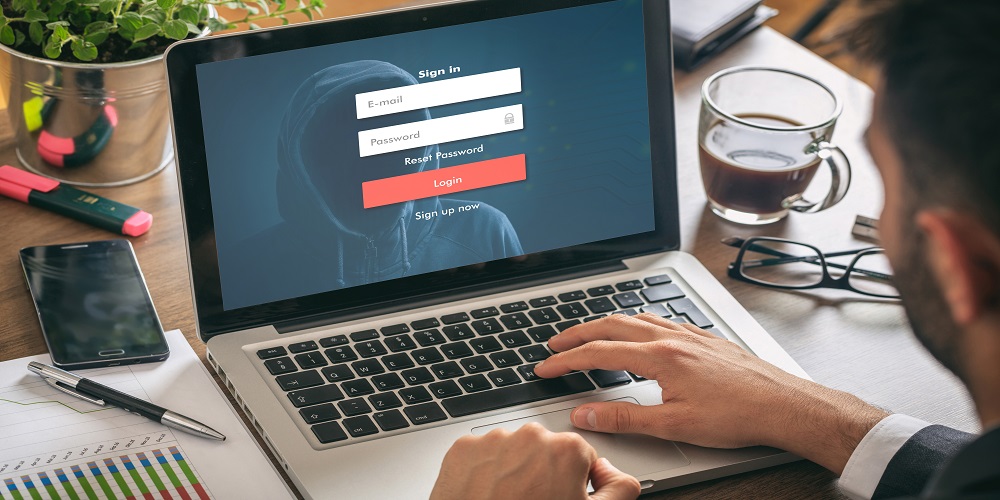For the previous few years, internet privacy has had a bad year every year. Millions of people are impacted each month as a result of data breaches and social engineering assaults, which are at an all-time high and fundamentally challenging the idea of online data privacy.
According to IBM’s Cost of a Data Breach Report, the average cost of a data breach climbed 2.6% between 2021 and 2022, from USD 4.24 million to USD 4.35 million. Now that I think about it, we live in a time when strict fines are imposed for breaking data privacy rules that are being passed across continents. However, businesses struggle to protect their digital infrastructure. Surprisingly, 67% of US internet users are unaware of their nation’s privacy laws. In addition to that users fancy a lot of myths that lead them to believe that their data is protected; however, most of it is nowhere close to being true.

-
Myth 1: Using a private browser ensures that the data is safe
Whether it’s Private Mode, Incognito Mode, or whatever name your preferred browser gives it, these browser modes are made to let users browse the internet without leaving any traces of their online activity, including cookies, passwords, and other tidbits of information.
Your online activities are still viewable and recorded, and they may even be shared or sold to stakeholders like third parties. This is true even if the private mode session is supposed to delete your data whenever you terminate a private session.
-
Myth 2: Hackers only target large systems
Small businesses are three times more likely to be attacked than larger ones, according to Barracuda. Along with financial losses, these companies also incurred legal fees, fines for noncompliance, damage to their reputations, and lost customers. As a result, many small businesses are unable to recover from these losses.
Any organization that has an online presence and does business online, regardless of its size or the volume of data and money it handles, is vulnerable to online attacks. Because of this, online firms make sure their digital infrastructure has strong mechanisms and security controls that are challenging for hackers to breach and steal from.
-
Myth 3: Public Wifi is secure if it has a password

It’s no secret that Wi-Fi hotspots are becoming the norm for online connectivity. They are frequently available, free, and simpler to connect with in public places like airports, hotels, sports arenas, and schools.
The fact that public WiFi connections are a haven for hackers is something that is less well understood. There are significant risks associated with using a public WiFi hotspot since a hacker might impersonate the original network and instantly access your internet activities.]
-
Myth 4: IT professionals are responsible for keeping my data safe
The idea that only IT professionals are qualified to manage cyber-security and attain online privacy is another common misconception. Yes, utilizing strong defense mechanisms makes IT professionals better able to deal with constantly changing online dangers, but everyone who interacts with data should have a fundamental awareness of online privacy and data security.
When handling a person’s personal data, all employees who work in a corporate setting should be aware of and follow industry best practices. Personnel should, in their individual capacities, refrain from opening any suspicious links in emails, ensure the privacy of the information supplied, exercise caution when sharing data, implement security protocols when appropriate, and be knowledgeable about the core security procedures.





































